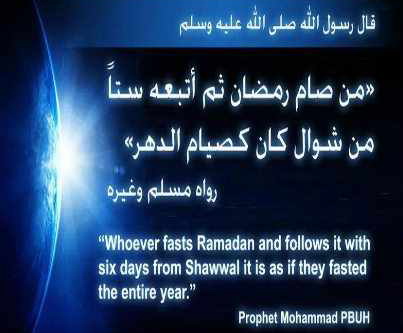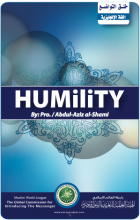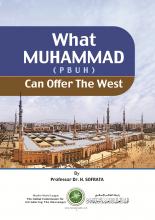The Prophet of Mercy Website
Muslim World League - Global Commission for Introducing the Messenger
Historical Background
When Almighty Allah sent His last and greatest Prophet, Muhammad sallallaaahu ‘alayhi wa sallam, (may Allaah exalt his mention), humankind was immersed in a state of degeneration. The messages of the past prophets had been distorted and ignored, civilization was on the decline and humanity had slumped into an age of darkness, with disbelief, oppression and corruption prevalent everywhere.
Then he began to like solitude and to worship his Lord and so he used to seclude himself in the cave of Hira’ and worship therein. The idols and the religion of his people were abhorrent to him and there was nothing more abhorrent to him.
The reports of the seerah (Prophet’s biography) indicate that Khadeejah bint Khuwaylid (may Allah be pleased with her) was a determined and intelligent woman, and she was also rich and had several kinds of trade. She had been widowed when her husband Abu Halah died.
War between the tribes did not take up more than a few days of every year. Between wars, the Makkans had ample time to attend to trade, to amuse themselves, and enjoy life generally. They were fond of drink, women, poetry and spending the warm summer nights in revelry. Muhammad (peace be upon him), now on the threshold of manhood, cared for none of these pleasures of the night. He had a deep penetrating mind, an observant eye and there was so much to see and hear in this world of marvels that afforded greater pleasure than drink and oblivion.
‘Adnan, a descendant of Ismail had many children. Among ‘Adnan’s descendants, Fihr bin Malik in particular, was a distinguished chief of the tribe. From Fihr’s descendants, Qusai bin Kilab emerged. He ruled Makkah and held the keys to the Ka’bah. He was the guardian of the waters of Zamzam and was responsible for feeding the pilgrims. He presided at the assemblies where the nobles of Makkah gathered for consultation. He alone controlled the affairs of Makkah.
India before the advent of the Prophet Muhammad (Peace be upon him)
Islam was first introduced into India via her coastal regions. Modern historians generally agree that Islam’s introduction came through Arab traders and not Muslim invaders as is falsely believed. They had been coming to the Malabar coast in southern India for a long time, even prior to the advent of Islam in Arabia.
After a long journey, Ibrahim (peace be upon him) approached Makkah, which lies in a valley between desolate mountains. As there was no water, crops could not grow and human-life could not be sustained there. Accompanied by his wife Hajar and his son Isma’il (peace be upon him), Ibrahim (peace be upon him) was fleeing from the cult of idol-worship which had spread throughout the world. He wanted to establish a centre in which Allah alone would be worshipped and to which people could be called. It would be a beacon of guidance and a sanctuary of peace, radiating true faith and righteousness.
There is no defying the fact that in 610 A.D. Prophet Muhammad (Peace be upon him) brought about the greatest revolution known to the history of mankind. The Arabs to whom this great divine message was first communicated were the most ignorant and backward nation of that time. With the advent of the Prophet (Peace be upon him), however, the same backward people took a leap towards virtue, humanity, knowledge and wisdom. They stepped from darkness into light. The teachings of Islam revolutionised their very being and within two generation they became the leaders of the civilised world.
The inhabitants of the Arabian Peninsula were of two kinds: the nomadic desert dweller {Bedouin} and the city dweller. Tribal laws and customs prevailed all over Arabia, even among the more civilized kingdoms of the region, such as the kingdom of Yemen in the south, the kingdom of Al-Heerah in the northeast, and the kingdom of Ghasaasinah in the northwest.






